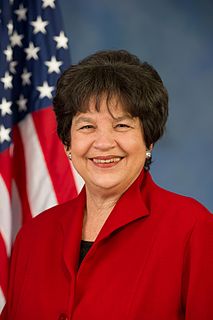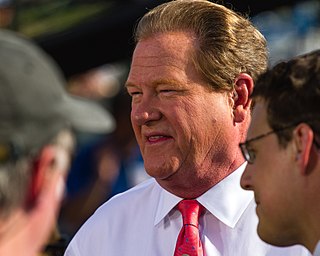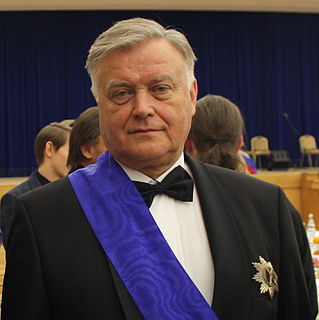A Quote by Lois Frankel
Why give Russia or Syria any reason to doubt that Obama would use force?
Related Quotes
I think it was going to be hard to work with Russians on Syria. There is some potential overlap between the U.S. and Russia in that the Russians don't want to see the Syria situation unravel to a point where they have to escalate their own involvement. But at the moment, I don't see the U.S. and Russia on the same page in Syria. Russia seems much more interested in consolidating government control over liberated areas. It seems to me that the U.S. and Russia are proving they can disagree for independent reasons in any number of theaters.
President Obama took charge of the Oval Office seven years ago. He promised a positive reset in relations with Russia. But with the radioactive poisoning of a British spy in London, the downing of passenger jets over Europe, and the aggressive advances of Russian forces from Ukraine to Syria, President Putin of Russia has rebuked Mr. Obama.
I think we have to knock out ISIS. Right now Syria is fighting ISIS. We have people who want to fight both at the same time. But Syria is no longer Syria; Syria is Russia and Iran, who she made strong, and Kerry and Obama made into a very powerful nation and very rich nation very, very quickly. Very, very quickly. I believe we have to get ISIS.
The libertarian approach is a very symmetrical one: the non-aggression principle does not rule out force, but only the initiation of force. In other words, you are permitted to use force only in response to some else's use of force. If they do not use force you may not use force yourself. There is a symmetry here: force for force, but no force if no force was used.
Other than our disagreement over Syria, I would say our relationship with Russia is very good and we are seeking to broaden and deepen it. Twenty million Russians are Muslims. Like Russia, we have an interest in fighting radicalism and extremism. We both have an interest in stable energy markets. Even the disagreement over Syria is more of a tactical one than a strategic one. We both want a unified Syria that is stable in which all Syrians enjoy equal rights.
































